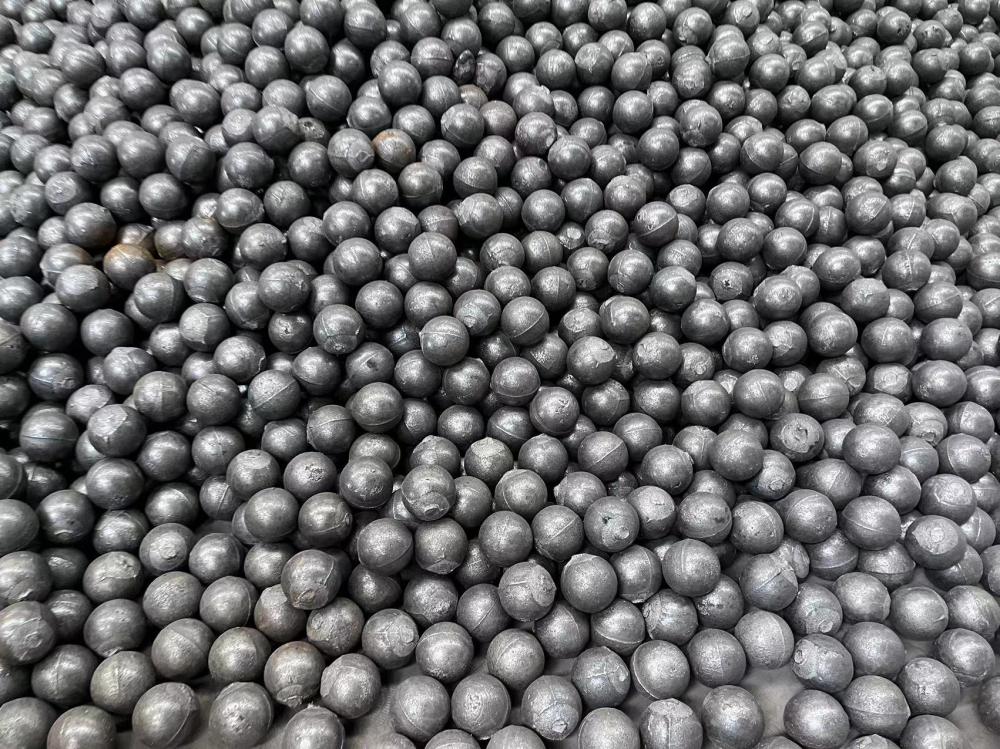A bellows seal stop valve, also known as a bellows globe valve, is designed with an advanced sealing system that prevents any leakage from the valve stem. This is achieved through automatic seam welding, which creates a metal barrier between the fluid medium and the atmosphere, ensuring complete sealing and zero emissions. Compared to traditional globe valves, this type of valve offers several key advantages:
1. The U.S. Shield VTON imported bellows cut-off valve is built for long-term durability, significantly reducing maintenance needs and lowering operational costs. Its rugged bellows seal design ensures no stem leakage, offering a maintenance-free operation.
2. The valve requires minimal opening and closing torque, making it easier to operate and compatible with various driving devices for remote control applications.
3. With a sleek and modern design, the valve features a smooth flow channel that minimizes flow resistance, making it an energy-efficient and high-performance product.
4. The outer seal uses a combination of bellows and graphite or stainless steel gaskets, providing a reliable and replaceable sealing solution. In industrial settings, traditional shut-off valves can lead to dangerous leaks when handling high-temperature, toxic, flammable, explosive, or radioactive media. These leaks not only harm the environment but can also cause serious personal and property damage. The bellows seal valve offers a safer and more stable alternative, manufactured according to strict international standards.
Stainless steel is an ideal material for manufacturing bellows globe valves due to its excellent mechanical properties. It must have good plasticity, high elastic limit, tensile strength, and fatigue resistance, along with good weldability and stable elasticity. Austenitic stainless steels, such as 304 and 316L, are commonly used in bellows production because of these characteristics.
While high pressure and pressure resistance are essential for valves and their bellows, increasing wall thickness can make the bellows stiffer and harder to open. Instead of simply thickening the walls, manufacturers often increase the number of layers to improve pressure resistance while reducing axial stiffness and the force required to open the valve.
Non-metallic materials like fluoroplastics are widely used for corrosion-resistant valves due to their excellent chemical resistance. PTFE bellows valves also find use in certain applications. However, their low strength and heat resistance limit their operating temperature to below 150°C, restricting their application range. For harsh environments like chlor-alkali industries, where wet chlorine corrosion is common, corrosion-resistant alloys are necessary to ensure long-term performance.
For more information on the differences between bellows globe valves and traditional globe valves, visit: [What is the difference between a bellows globe valve and a globe valve?](http://news.chinawj.com.cn)
Submitted by: [What is the difference between the bellows stop valve and the stop valve?](http://i.bosscdn.com/blog/10/16/58/332948.jpg)
Cast Iron Grinding Ball
Features of cast steel balls include:
1. High hardness: Cast steel balls have a high hardness, usually in the range of 60-65 HRC, which makes them have strong wear resistance when grinding materials.
2. Good impact resistance: Cast steel balls have good impact resistance and can withstand large impact forces without rupture or deformation.
3. High wear resistance: The Cast Steel Ball has high wear resistance and can maintain its shape and surface quality for a long time in the process of grinding materials, reducing wear and damage.
4. Uniform hardness distribution: The hardness distribution of the cast steel ball is relatively uniform, which can provide a more stable grinding effect and reduce the phenomenon of over-grinding and under-grinding of the material.
5. Good corrosion resistance: Cast steel balls are usually made of high-alloy steel materials, which have good corrosion resistance and can be used for a long time in humid and corrosive environments.
6. Wide applicability: Cast steel balls can be used in various grinding equipment and processes, such as ore mills, cement mills, ball mills, etc., suitable for grinding materials with different hardness and properties.

7. Simple production process: The production process of casting steel balls is relatively simple, the cost is low, and it can meet the needs of large-scale production.
In general, the cast steel ball has the characteristics of high hardness, good impact resistance, high wear resistance, uniform hardness distribution, good corrosion resistance and wide applicability, and is widely used in the grinding process of mining, cement, building materials and other industrial fields
Cast Iron Grinding Ball,Medium Chrome Steel Ball,High Chromium Alloy Ball,Hardware Grinding Tools
Xuzhou Surun wear-resistant material Co., LTD , https://www.suruntools.com
